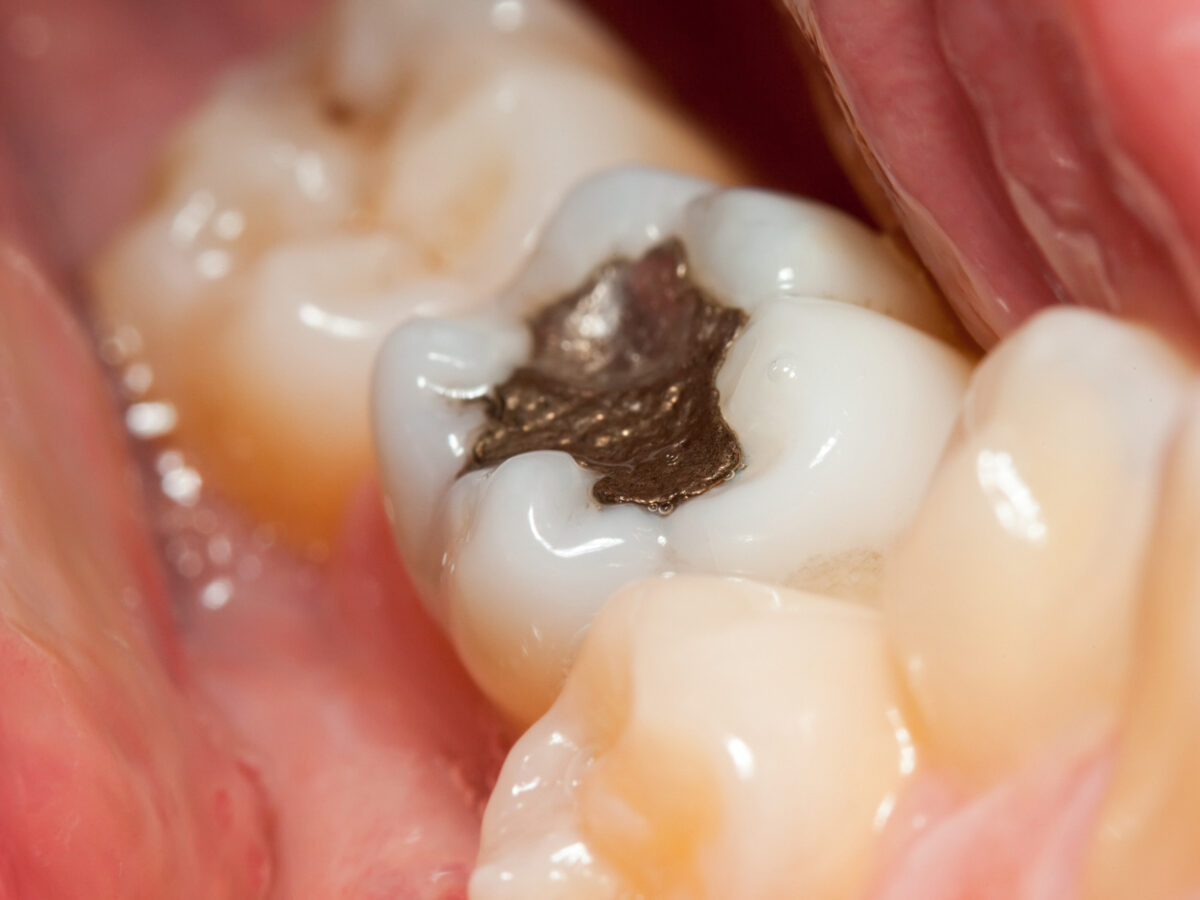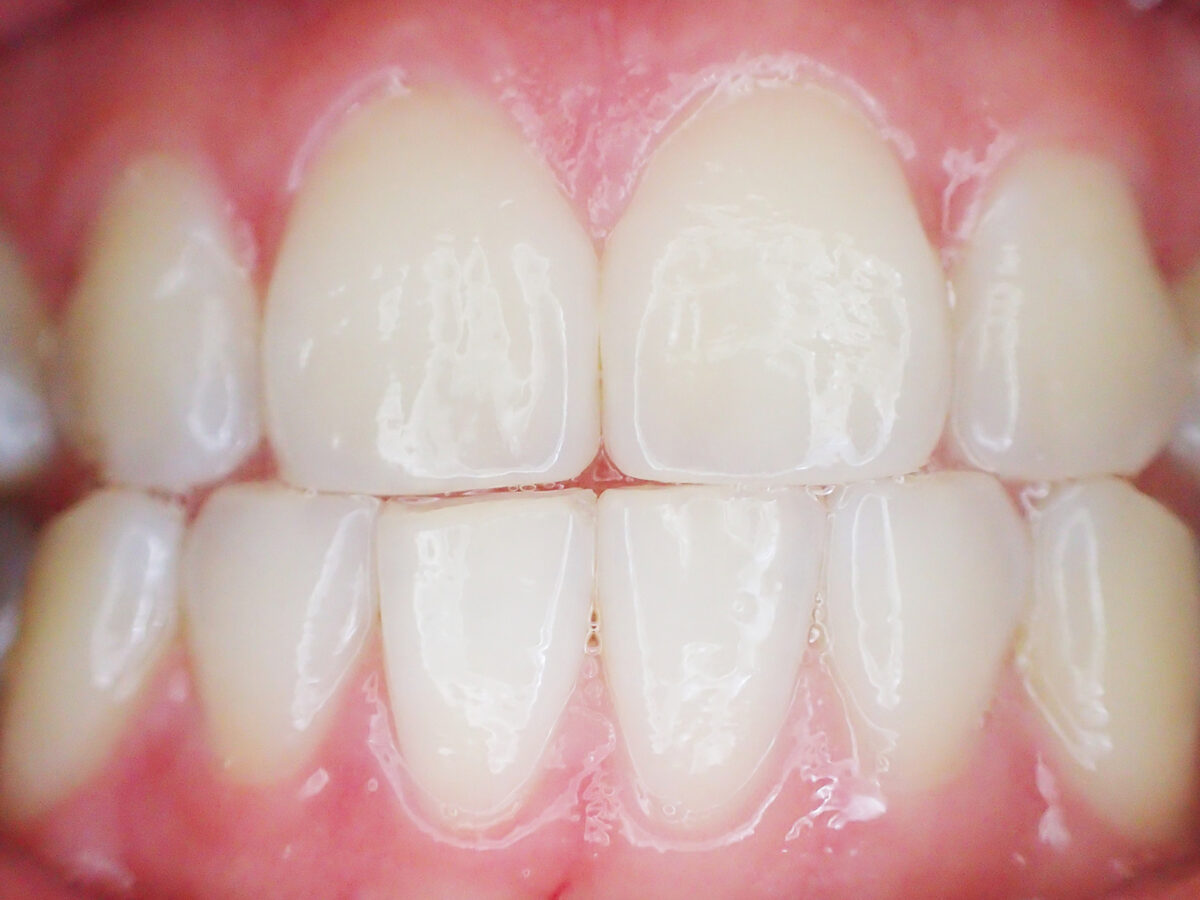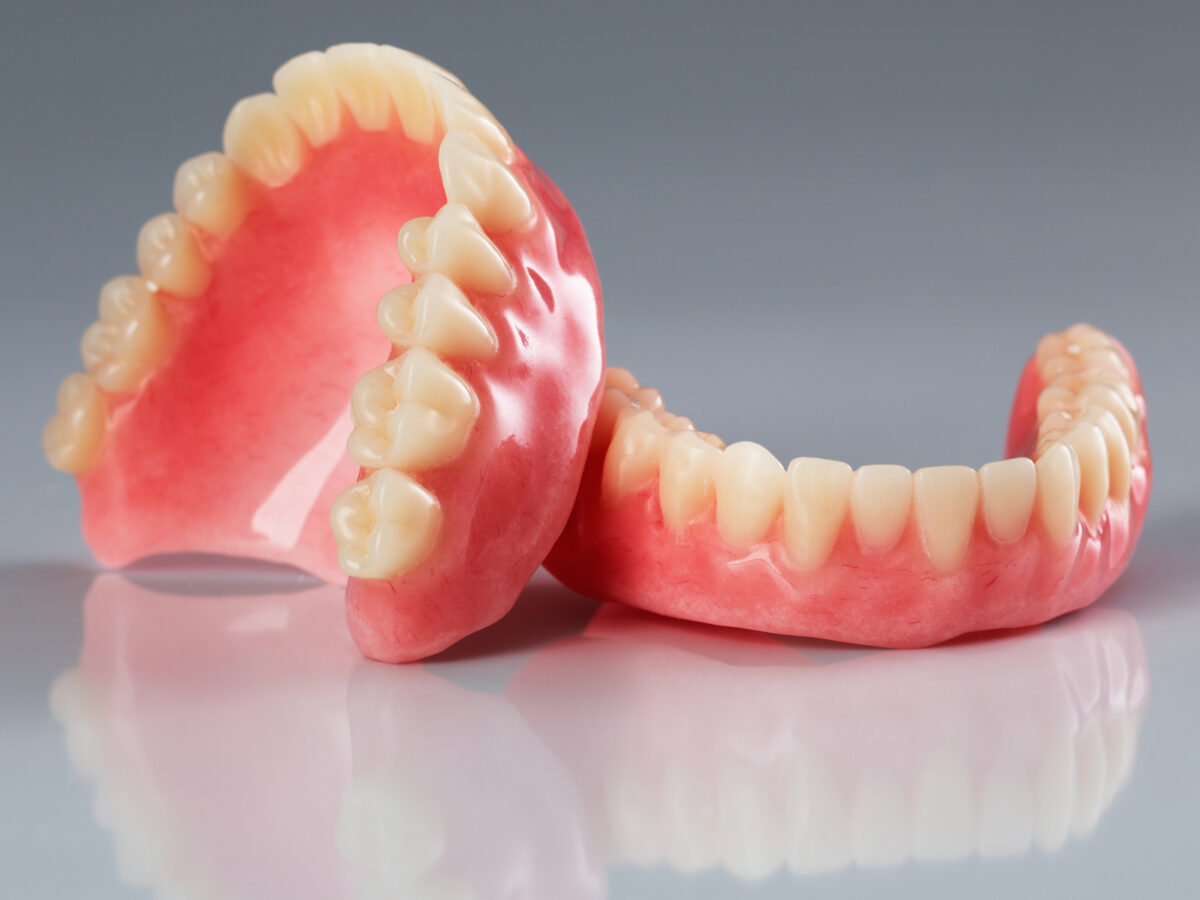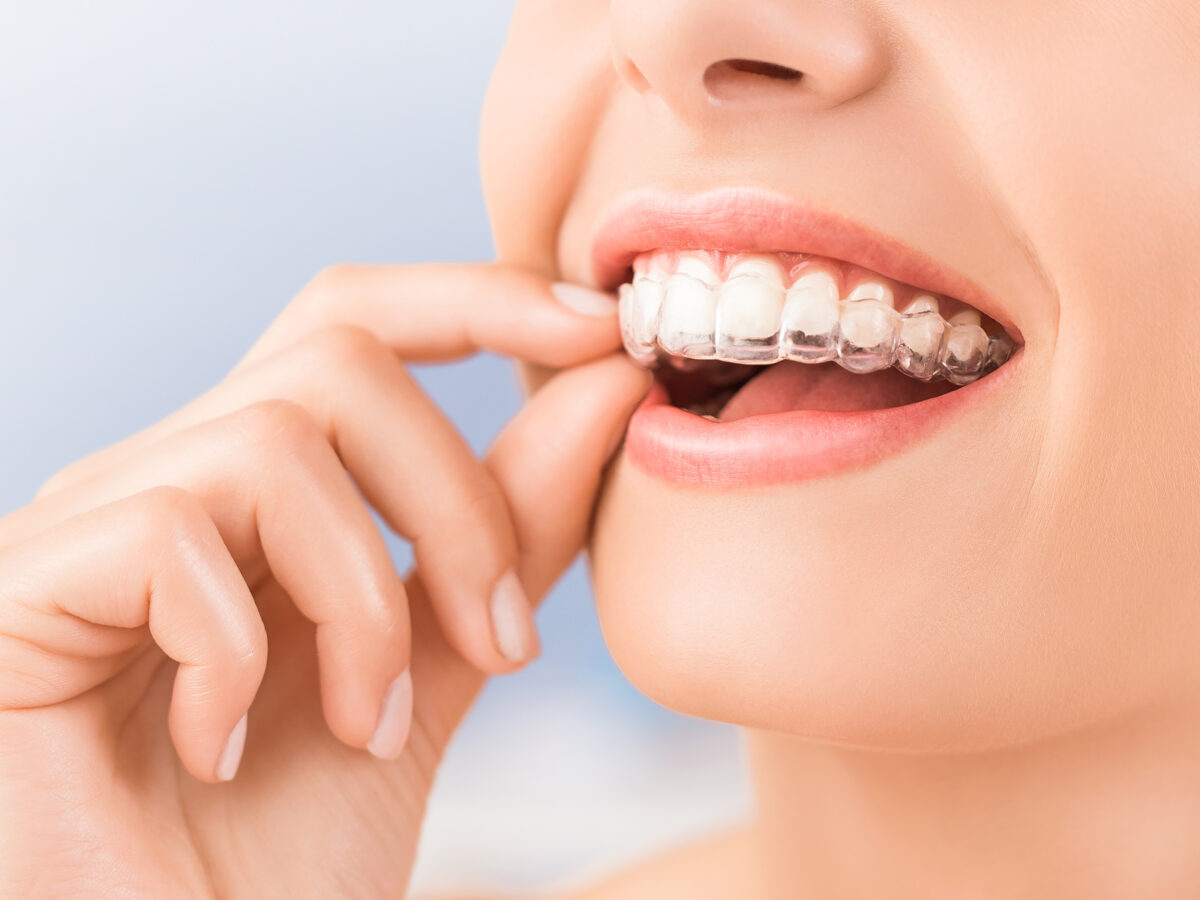Your eating routine can have an impact on the health of your teeth and gums to some extent. The frequency of your consumption also plays a role. You are likely to experience tooth decay if you consume too many sugary snacks. Sugar is not the only cause of tooth decay. Lack of minerals, vitamins, and other essential nutrients from gums is equally responsible for the condition. If you eat well, you are more likely to have healthy teeth and gums.
You might be surprised to learn that changing your diet can slow down decay. By eating and drinking properly, you prevent tooth decay and ensure that your teeth are well-nourished.
How diet affects oral health?
You put your teeth under acid attack for up to an hour every time you eat or drink anything sugary. The sugar in your diet will react with the bacteria in plaque (tooth plaque), creating harmful acids. In addition to acidic beverages and foods, there are also acidic foods. The acid dissolves the enamel, allowing the dentine underneath to be revealed. The result is sensitive teeth and an unsightly smile. Therefore, it is important to have sugary foods or drinks only at mealtimes, limiting the amount of time your mouth is exposed to such attacks.
How can food keep your teeth in good condition?
Food is the essence of life. If we take good care of what we eat, we can ensure overall wellbeing. Here are few things to keep in mind;
Lots of Water: The best form of dental care is drinking lots of water regularly. As a result, it cleans off the food residue, including the acids on the teeth.
Well-balanced Diet: Just minimizing the potentially harmful things you eat isn’t enough. It would be best to eat a variety of nutritious foods, including whole grains, fruits, vegetables, and lean meats such as beef, chicken, or fish.
Fiber-rich fruits and vegetables: Fiber increases saliva production, a natural way of preventing cavities. In addition to washing away food particles from your mouth and cleaning it, saliva also neutralizes acids attacking your teeth about 20 minutes after eating. Try to eat crisp fruit and vegetables like apples, carrots, and celery.
Dairy products: If you are worried about getting enough calcium, then dairy products are your savior. Dairy products contain calcium, phosphates, and vitamin D, which are essential minerals for the health of your teeth.
Careful Sugar and Carbohydrate Intake: When sugars and carbohydrates combine with plaque, they produce acids that wear down your enamel, causing cavities. You should limit your intake of carbs and starchy foods and choose foods with low sugar levels.
Whole grains should be chosen whenever possible. They will help keep your gums and teeth healthy while providing you with more fibre.
Add Vitamins: Most people do not consume the recommended daily intake of vitamins. Make sure you get enough potassium. Taking vitamins stimulates saliva production, which in turn strengthens teeth.
Also, reduce your added sugars and preservatives, floss regularly, and replace your toothbrush every two months. Simply including small steps can lead to cavity-free teeth.
Book your appointment today with the dentist for the best possible treatment.




